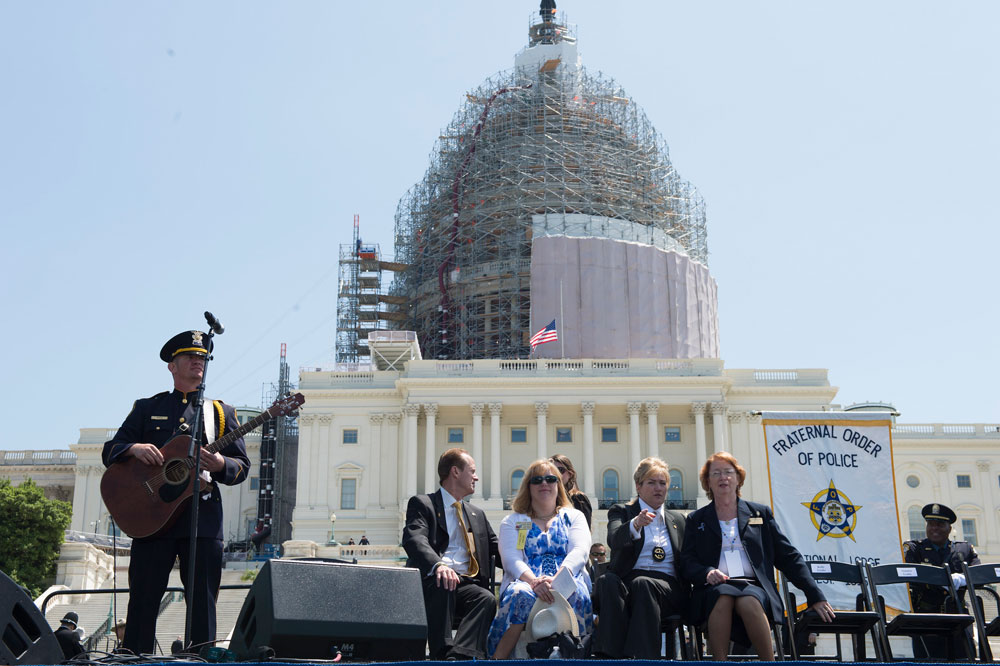
June 16, 2020; KXAN-TV (Austin, TX)
In Austin this week, a number of city council members and the mayor, Steve Adler, signed a pledge by the Color of Change Political Action Committee, agreeing not to accept donations from police unions. They are among political leaders in 23 states which have done the same.
According to the website, “Elected officials have a responsibility to hold police accountable for the ongoing violence and abuses of power against Black people. In doing so, they must act independently from police unions and others determined to stand in the way of common-sense solutions that keep communities safe.”
A list of those officials who have signed the pledge is on the site. It includes local as well as federal officials and lawmakers; for now, Texas is best represented among them.
Sign up for our free newsletters
Subscribe to NPQ's newsletters to have our top stories delivered directly to your inbox.
By signing up, you agree to our privacy policy and terms of use, and to receive messages from NPQ and our partners.
The national campaign is part of a growing wave of concern about the role police unions have played in blocking police accountability nationwide and about the level of political influence they wield. Even union activists are expressing discomfort with the breadth of their influence. The Los Angeles Times reports that the AFL-CIO has faced growing calls to disaffiliate from the International Union of Police Associations, though it has not yet moved to do so.
“Even for people who have a deep long-standing genuine commitment to the labor movement…there’s a recognition that the power of unionization, the power of collective bargaining is being abused in indefensible ways by police unions,” says Benjamin Sachs, a Harvard law professor and faculty director of the school’s labor and work-life program.
A review in the journal Police Practice and Research states, “Virtually all of the published items that express an opinion on the impact of police unions regard them as having a negative effect, particularly on innovation, accountability, and police—community relations.” According to the Washington Post, in an article that gets very specific about the kinds of blocks to accountability that have been negotiated by unions, “Researchers say unionized officers draw more excessive-force complaints and are more likely to kill civilians, particularly nonwhite ones.”—Ruth McCambridge











